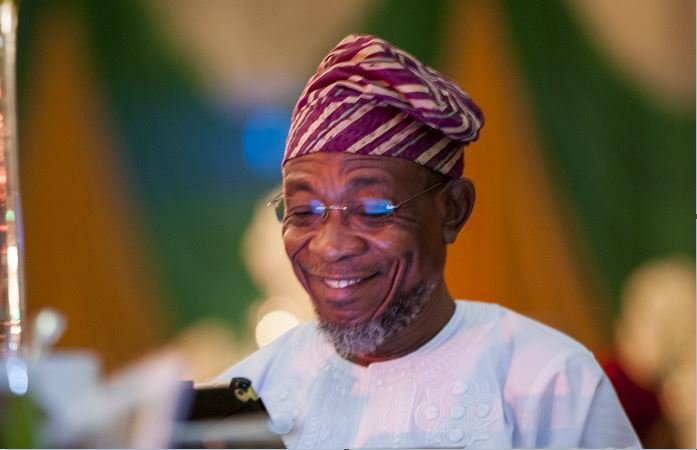
The recession biting Nigeria, the most populous black nation in the world has affected the cost of living in Lagos, the commercial capital of the West African country.
According to a Cost of Living Index compiled by The Economist Lagos has dropped 16 places on the index, making it the second cheapest city to live in on the list of 133 cities.
Lagos is one better than Almaty in Kazakhstan, which ranked last on the index.
Like Lagos, London has tumbled down the rankings of the world’s most expensive cities as the fall in Sterling since the Brexit vote made it more internationally competitive.
The capital fell from the 6th most expensive place to live last year to the 24th in 2017, its lowest point in 20 years. Manchester fell 25 places – more than any other city in the world.
However, there could be a sting in the tail as import costs rise, potentially causing huge increases in the cost of living this year, which could be compounded if Sterling makes a resurgence.
The Economist Intelligence Unit, which compiles the list, also warned that Britain is still exposed to the potentially disastrous effects of another EU crash, with Greece still struggling with huge debt.
And Europe’s economy is still feeling the negative impact of uncertainty caused by Brexit, with investors unsure if other nations will take the same route as Britain.
In the report, Worldwide Cost of Living 2017, the authors warn: ‘The UK has already seen sharp declines in the relative cost of living owing to the Brexit referendum and related currency weaknesses.

‘In 2017 these are expected to translate into price rises as supply chains become more complicated and import costs rise. These inflationary effects could be compounded if sterling stages a recovery.
‘Similarly, elections across the EU have created uncertainty as to whether other member states will face referendums of their own concerning EU membership.
‘Levels of Greek debt, which were a catalyst of the euro zone debt crisis in 2012, have risen back up the global economic agenda.’
Asian cities again topped the list, with Singapore first and Hong Kong second, both topping the bill in the same positions as they ranked last year.
Zurich in Switzerland was the highest ranking European city in third, one of only four to make it into the top ten, along other Swiss city Geneva in seventh place.
Paris in France followed in eighth place and Copenhagen in Denmark was in tenth, but all four European cities fell from higher positions in the list last year.
The only city in North America to make the top ten was New York, which fell two places to ninth on the list for 2017.
Two Japanese cities, Tokyo and Osaka, also made it into the top ten, rising a combined total of 18 places thanks to a a sustained recovery in the strength of the Japanese yen.

They had both previously been in higher positions, with Tokyo being the most expensive city in the world until 2012 when the currency fell.
The biggest jumpers are in Brazil, where Sau Paolo rose 29 places to rank 78 and Rio rose 27 places to 86, with a rise in the price of commodities, which are the nation’s biggest export.
It comes after oil prices bottomed out in 2016, which has meant oil-rich nations have seen a big jump in the rankings on this year’s list.
Cities in New Zealand and Australia have also risen up the rankings thanks to a rise in the value of their currencies, compared the US dollar and UK pound, which have remained relatively static.
Manchester fell 25 places, more than any other city, followed by Buenos Aires in Argentina, falling 20, for the same reason – a devaluation of its currency compared to others.
But it is war-torn and economically unstable countries that remain at the bottom of the list, which uses the cost of more than 160 items – from property to wine – to calculate the cost of living.
Bangalore, Chennai, Mumbai and New Delhi, all in India, featured in the ten cheapest cities, which the report says are also among the least liveable cities, according to another report with a startling correlation.











